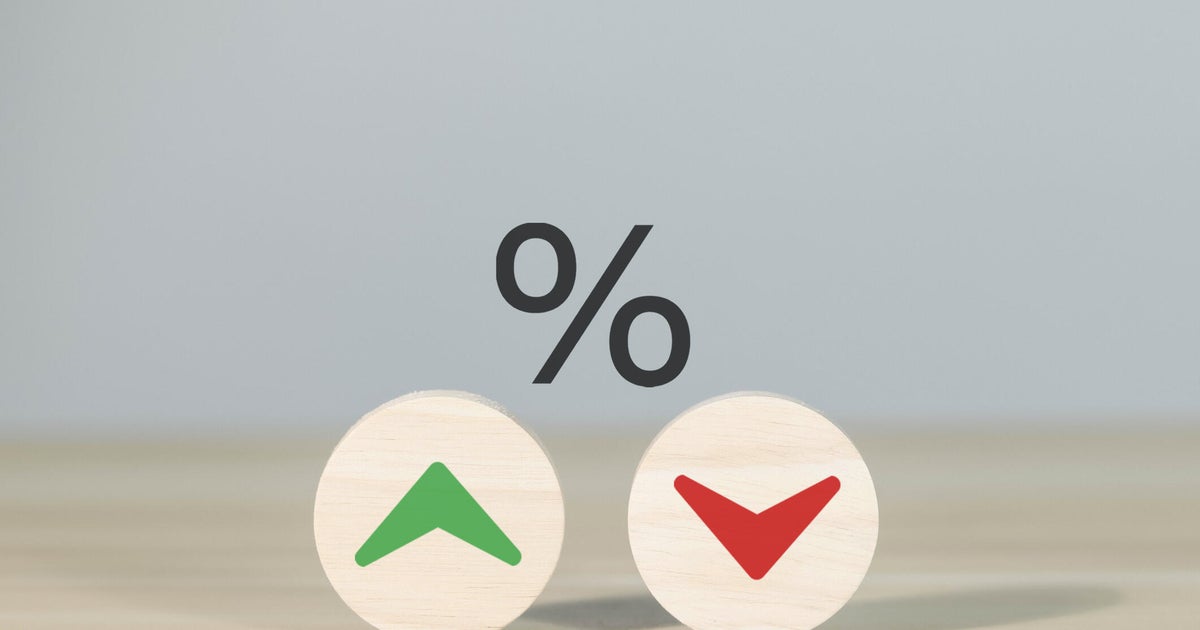Can I get a home equity loan without an appraisal?
When it comes to borrowing money, homeowners are at an advantage right now. Rates on personal loans, mortgage loans and other lending products are higher than they were just a couple of years ago — but the unusual economic climate that led to those high rates has also led the average homeowner to have hefty amounts of equity in their home.
With homeowners having an average of nearly $200,000 in tappable home equity at their fingertips, they're able to borrow against it for just about any purpose. For example, your home equity can be borrowed against to consolidate debt, make home renovations, pay for college or education expenses or cover other big expenses. And, what's more, home equity loans typically come with much lower interest rates than what's offered on credit cards or other lending products.
That said, there are some hurdles to jump through when borrowing from your home's equity, like the appraisal process. Much like buying a home, obtaining a home equity loan traditionally involves a thorough appraisal of the property's value. But is it possible to secure a home equity loan without undergoing the appraisal process? And what are the alternatives?
Find the top home equity loan rates you could qualify for here.
Can I get a home equity loan without an appraisal?
Traditional home equity loans involve borrowing a lump sum against the equity in your home. To determine the loan amount, lenders typically require a professional appraisal to assess the current market value of your property. This appraisal helps ensure that the loan amount aligns with the property's worth and the lender's risk tolerance.
But while traditional lenders generally require an appraisal for home equity loans, some financial institutions may offer alternatives that don't involve a full appraisal process. However, keep in mind that these alternatives might come with certain conditions or limitations. Some traditional appraisal alternatives may include:
Automated valuation models (AVMs)
Some lenders use automated valuation models, which rely on data algorithms and public records to estimate a property's value. AVMs are quicker and more cost-effective than traditional appraisals, but they may not be as accurate — so the estimate on your home could be much lower (or higher) than expected. And, if that happens, it can mean complications with the home equity lending process.
Explore your home equity loan options online here.
Desktop appraisals
Another option is a desktop appraisal, where an appraiser assesses your property remotely using available data, photographs and other information. While faster than a traditional appraisal, desktop appraisals may not capture all nuances of a property, either.
Loan-to-value (LTV) ratio
Some lenders may rely on the loan-to-value ratio based on tax assessments or recent purchase prices instead of a full appraisal. This approach simplifies the process but, again, it may not provide a precise valuation.
FHA-insured home equity conversion mortgages (HECMs)
While limited to seniors aged 62 and older, FHA-insured HECMs, also known as reverse mortgages, are a type of home equity loan that may not require a traditional appraisal. These loans allow homeowners to convert a portion of their home equity into cash without making monthly mortgage payments. However, the requirements for this type of loan can vary.
Alternative home equity solutions to consider
If you find that obtaining a traditional home equity loan without an appraisal is challenging, it may be worth it to consider exploring alternative financial solutions to tap into your home's equity:
- Home equity line of credit (HELOC): A HELOC is a flexible line of credit that allows you to borrow against your home's equity as needed. Some lenders may offer HELOCs without requiring a full appraisal, making them a more accessible option for certain homeowners.
- Cash-out refinancing: Cash-out refinancing involves replacing your existing mortgage with a new one for a higher amount than you currently owe. The excess funds can be used as needed. While a new appraisal is typically required, it may offer a way to access more substantial sums of money. That said, mortgage rates are high right now, and if you currently have a low interest rate on your mortgage, it may not be worth taking this route.
The bottom line
While obtaining a home equity loan without an appraisal may be challenging with traditional lenders, various alternatives and creative solutions exist. If you would prefer to take this route, it's crucial to explore different options, compare terms and assess your financial goals to determine the best way to leverage your home's equity. And, if you still aren't sure, it may be helpful to consult with financial professionals and lenders to find the most suitable solution for your unique circumstances.




